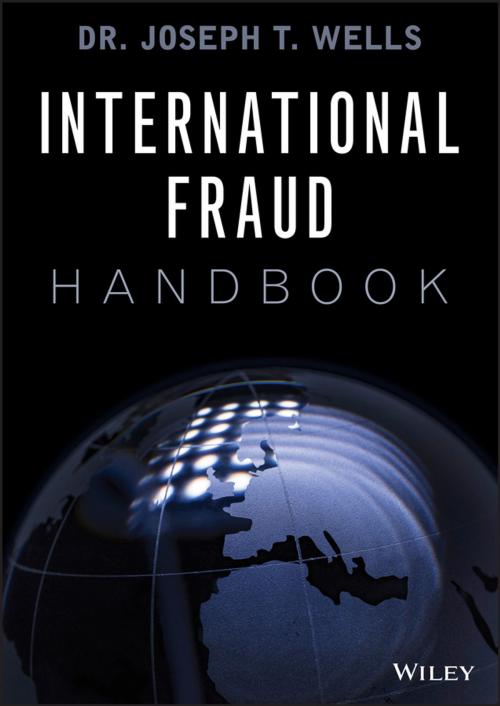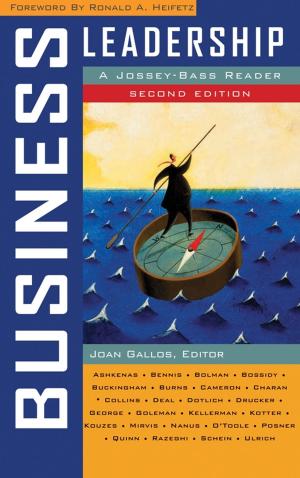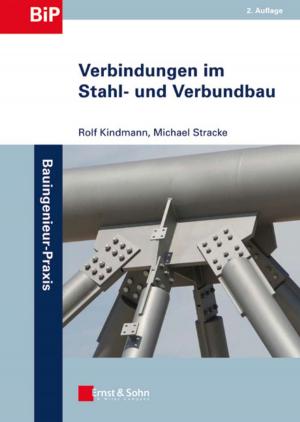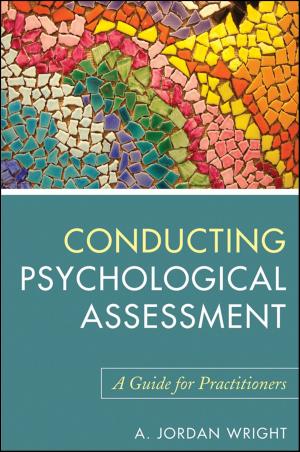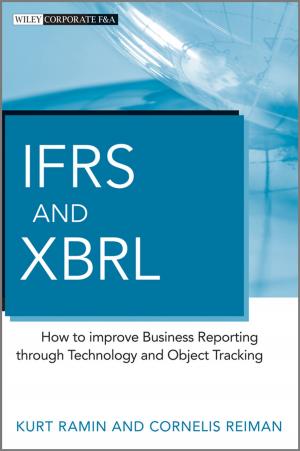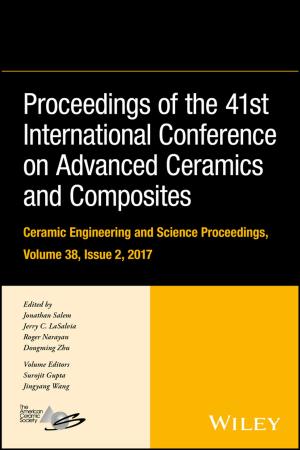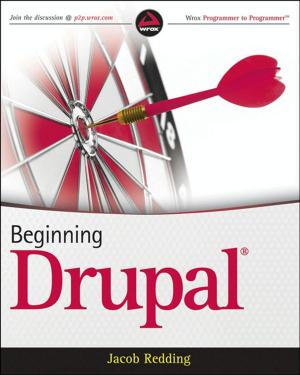| Author: | Joseph T. Wells | ISBN: | 9781118728536 |
| Publisher: | Wiley | Publication: | May 21, 2018 |
| Imprint: | Wiley | Language: | English |
| Author: | Joseph T. Wells |
| ISBN: | 9781118728536 |
| Publisher: | Wiley |
| Publication: | May 21, 2018 |
| Imprint: | Wiley |
| Language: | English |
The essential resource for fraud examiners around the globe
The International Fraud Handbook provides comprehensive guidance toward effective anti-fraud measures around the world. Written by the founder and chairman of the Association of Certified Fraud Examiners (ACFE), this book gives examiners a one-stop resource packed with authoritative information on cross-border fraud investigations, examination methodology, risk management, detection, prevention, response, and more, including new statistics from the ACFE 2018 Report to the Nations on Occupational Fraud and Abuse that reveal the prevalence and real-world impact of different types of fraud. Examples and detailed descriptions of the major types of fraud demonstrate the various manifestations examiners may encounter in organizations and show readers how to spot the “red flags” and develop a robust anti-fraud program.
In addition, this book includes jurisdiction-specific information on the anti-fraud environment for more than 35 countries around the globe. These country-focused discussions contributed by local anti-fraud experts provide readers with the information they need when conducting cross-border engagements, including applicable legal and regulatory requirements, the types and sources of information available when investigating fraud, foundational anti-fraud frameworks, cultural considerations, and more.
The rising global economy brings both tremendous opportunity and risks that are becoming increasingly difficult to manage. As a result, many jurisdictions are attempting to strengthen their anti-fraud environments — whether through stricter anti-bribery laws or more stringent risk management guidelines — but a lack of uniformity in legal rules and guidance can be challenging for organizations doing business abroad. This book helps examiners mitigate fraud in their own organizations, while taking the necessary steps to prevent potential legal exposure.
- Understand the different types of fraud, their common elements, and their impacts across an organization
- Conduct a thorough risk assessment and implement effective response and control activities
- Learn the ACFE’s standard investigation methodology for domestic and cross-border fraud investigations
- Explore fraud trends and region-specific information for countries on every continent
As levels of risk increase and the risks themselves become more complex, the International Fraud Handbook gives examiners a robust resource for more effective prevention and detection.
The essential resource for fraud examiners around the globe
The International Fraud Handbook provides comprehensive guidance toward effective anti-fraud measures around the world. Written by the founder and chairman of the Association of Certified Fraud Examiners (ACFE), this book gives examiners a one-stop resource packed with authoritative information on cross-border fraud investigations, examination methodology, risk management, detection, prevention, response, and more, including new statistics from the ACFE 2018 Report to the Nations on Occupational Fraud and Abuse that reveal the prevalence and real-world impact of different types of fraud. Examples and detailed descriptions of the major types of fraud demonstrate the various manifestations examiners may encounter in organizations and show readers how to spot the “red flags” and develop a robust anti-fraud program.
In addition, this book includes jurisdiction-specific information on the anti-fraud environment for more than 35 countries around the globe. These country-focused discussions contributed by local anti-fraud experts provide readers with the information they need when conducting cross-border engagements, including applicable legal and regulatory requirements, the types and sources of information available when investigating fraud, foundational anti-fraud frameworks, cultural considerations, and more.
The rising global economy brings both tremendous opportunity and risks that are becoming increasingly difficult to manage. As a result, many jurisdictions are attempting to strengthen their anti-fraud environments — whether through stricter anti-bribery laws or more stringent risk management guidelines — but a lack of uniformity in legal rules and guidance can be challenging for organizations doing business abroad. This book helps examiners mitigate fraud in their own organizations, while taking the necessary steps to prevent potential legal exposure.
- Understand the different types of fraud, their common elements, and their impacts across an organization
- Conduct a thorough risk assessment and implement effective response and control activities
- Learn the ACFE’s standard investigation methodology for domestic and cross-border fraud investigations
- Explore fraud trends and region-specific information for countries on every continent
As levels of risk increase and the risks themselves become more complex, the International Fraud Handbook gives examiners a robust resource for more effective prevention and detection.
